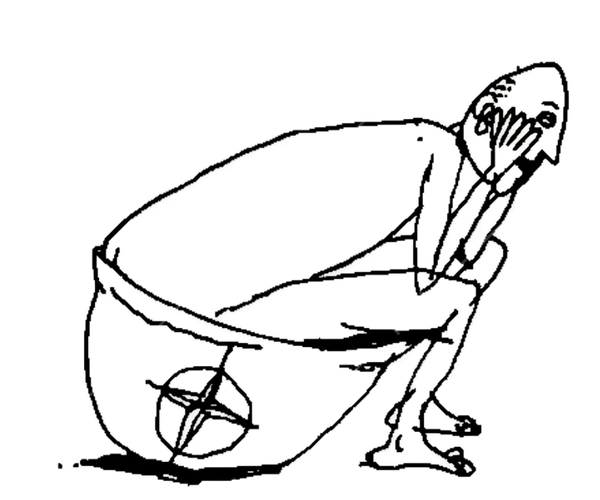President Donald Trump’s threat to end military aid to Ukraine has provoked panic across the major European capitals and prompted a debate over whether the European Union can raise enough money to “fill the gap.” To understand what is at stake in this debate, we should turn not to geopolitics or military planning or economics, but to psychology. What we’re seeing is a textbook example of the phenomenon known as displacement or avoidance behavior. This is when we focus on less important or unrelated issues as a way to avoid confronting the primary—and often more distressing—problem.
As European heads of state devise solutions to increase their military aid amid limited budgets, logistical challenges, and internal political divisions, they are avoiding the real issue: Should Brussels be offering more financial and military support to Ukraine in the first place? On this point, the European political establishment operates under a shared, unchallenged assumption: that NATO’s support has been, and continues to be, critical for Ukraine. Even those who have come to acknowledge—largely due to Trump’s return to the White House—that Ukraine can’t win this war and that negotiations are essential for peace, such as German Chancellor Olaf Scholz, still argue that NATO support remains necessary to ensure Ukraine can eventually negotiate with Russia from a position of strength. Others, including Germany’s likely next chancellor, Friedrich Merz, continue to insist that Ukraine can and must win this war and “restor[e] [its] territorial integrity,” which presumably includes Crimea.
None of these claims stand up to scrutiny. Ukraine never stood a realistic chance of reclaiming every inch of lost territory nor of achieving a complete military victory against Russia—a far superior adversary in terms of both manpower and military production—even with NATO’s support. As a recent article in Time revealed, even the previous American administration was aware of this. “When Russia invaded Ukraine nearly three years ago,” the article states, “President Joe Biden set three objectives for the US response. Ukraine’s victory was never among them.” This is a rather shocking admission, considering that for much of the past three years, both Washington and Brussels have been publicly committed to securing Ukraine’s victory.
